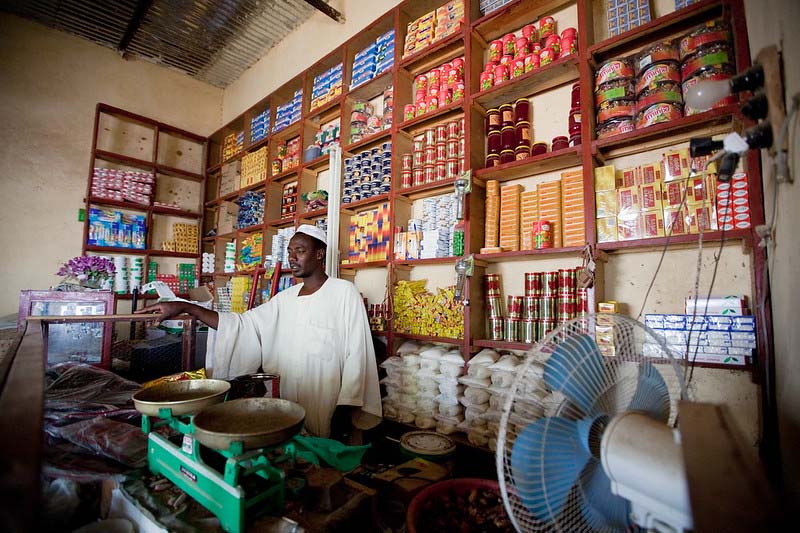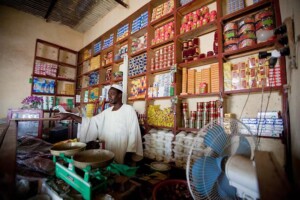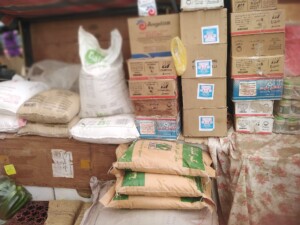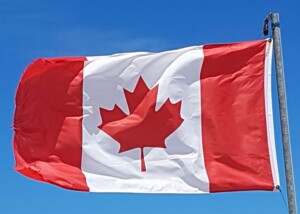Prices up, buying power down, as Sudan shoppers gear for Ramadan

A market trader in Darfur (File photo: Albert Gonzalez Farran / UNAMID)
KHARTOUM / NYALA / EL FASHER / PORT SUDAN –
As the Sudanese public prepare for the Muslim fasting month of Ramadan, while the current official inflation rate has fallen to 63.3 per cent compared to 83.6 per cent in January, market prices for consumer goods are ‘stable’ at best, while some staples are rising due to demand, and travel fares are especially impacted by the knock-on effect of the high cost of fuel.
Sudan’s Central Bureau of Statistics announced on Sunday, that the current annual inflation rate in the country is recorded at 63.3 per cent, compared to 83.60 per cent in January. Year-on-year, in March 2022, the Central Bureau of Statistics quoted that the annual inflation rate in the country fell to 258.40% in February from 259.8% in January.
Traders and shoppers in the main market of Nyala, capital of South Darfur, gave differing opinions when quizzed on prices this week, especially those related to the holy month of Ramadan. While some of them told Radio Dabanga that many commodities are unaffordable to consumers, others said that they have observed stability in the prices of some commodities, however purchasing power is diminished due to the economic situation in the country and the people’s living conditions.
Radio Dabanga focused on the prices of ingredients used to make Ramadan beverages, including dates, and the prices were similar at all commercial sites. In the household equipment market, there is a high demand for plastic products, while more luxury glass products and others are witnessing stagnation.
Animal products
The prices for animal products have also risen in tandem with high production costs. Poultry farm owner Ahmed Belela told Radio Dabanga that prices for animal products are under pressure due to the high prices of production and transport, and weak purchasing power, which threatens to leave a large number of products out of the production cycle. Belela pointed out that Nyala consumes large quantities of eggs and white meat, however, “most of that is ‘imported’ from Khartoum, which makes it difficult for local businesses to compete”.
Crop market
Merchants at the Um Dafusu crop market in El Fasher, capital of North Darfur, complained about weak commercial movement and the lack of interest among the public to buy. Crop trader Amna Abdelrahman attributed the lack of interest in buying to a lack of public liquidity.
Another crop trader, Mona, said that some prices are remarkably higher than this time last year; a a quarter of millet costs SDG 4,000 this year compared to SDG 3,000 last year, however a sack of baobab now costs SDG 20,000 compared to SDG 8,000 in 2022.
Wholesaler Majda Ahmed attributes the erosion of purchasing power to salaries not keeping pace with market prices.
Less travel
The head of the Travel Buses Association, Samir Mukhtar, told Radio Dabanga that many travel companies are in danger of going out of business after suffering heavy losses. Muktar says that travel from Khartoum to the states has decreased by 80 per cent, “due to the reluctance of the public, and the high operating expenses”.
The director of the Abu Hamada company operating on the Darfur-Port Sudan road told Radio Dabanga that travel is witnessing a severe stagnation due to the inability of bus owners to obtain fuel, and its high price.
The current fare from Khartoum to Port Sudan is SDG 40,000, while a trip from the Sudanese capital to Nyala now costs SDG 50,000.











 and then
and then